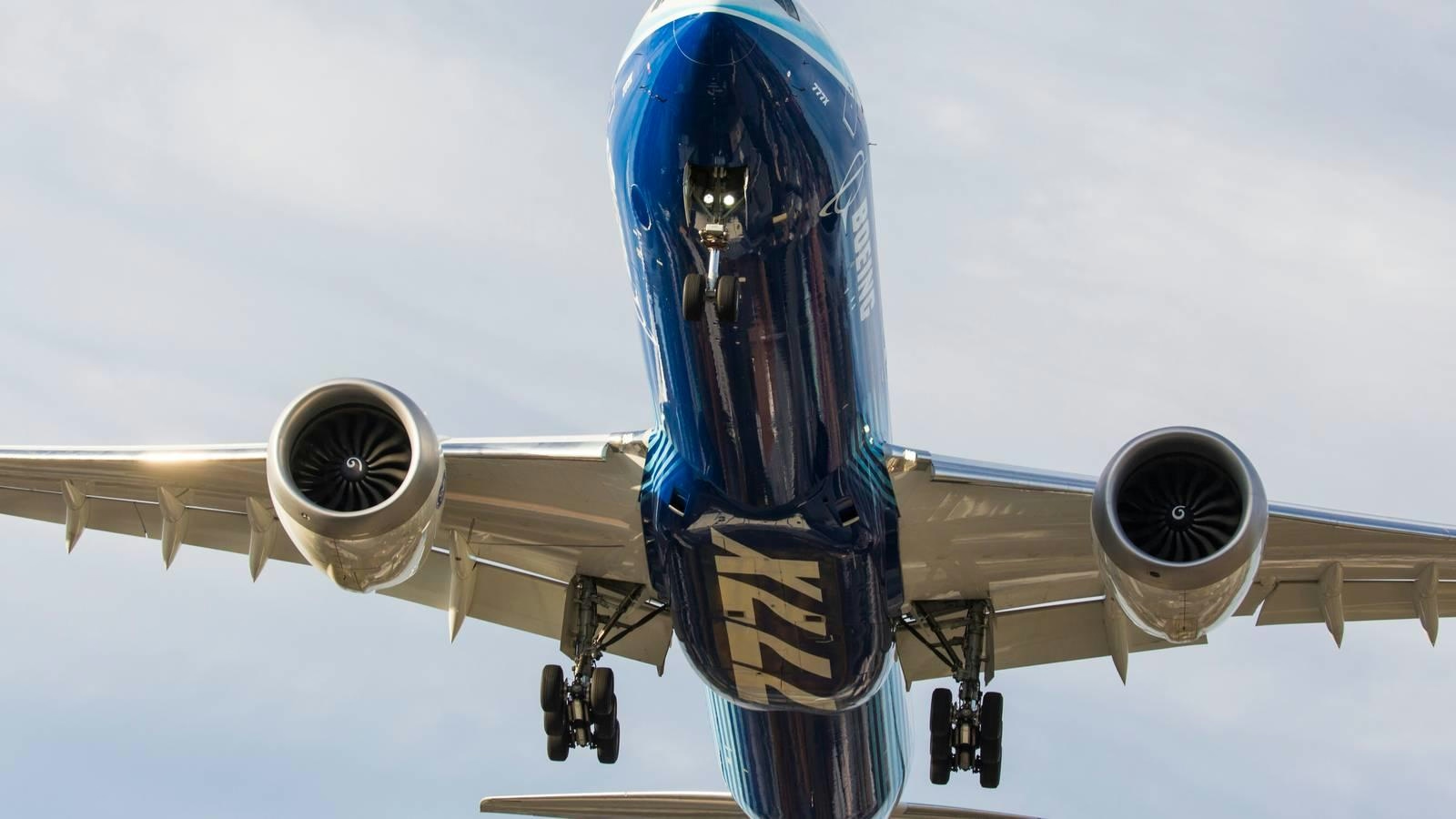أيروجيني — مساعدك الذكي للطيران.
الرائج الآن
Categories
Etihad Airways to Receive First 777X Jet in 2031 Despite Program Delays

Etihad Airways to Receive First 777X Jet in 2031 Despite Boeing Program Delays
Etihad Airways is scheduled to take delivery of its first Boeing 777X aircraft in 2031, a timeline that remains unaffected by the extensive delays plaguing Boeing’s 777X program. The aircraft manufacturer recently announced further postponements, pushing the debut of the 777-9 wide-body jet to 2027, a full seven years behind the original 2020 delivery date set nearly a decade ago. These delays are expected to have significant financial implications for both Boeing and its airline customers.
Fleet Expansion and Delivery Outlook
Despite the setbacks in Boeing’s program, Etihad’s fleet expansion plans remain firmly on course, according to Chief Executive Antonoaldo Neves. In May, the Abu Dhabi-based carrier confirmed an order for 28 Boeing 787 and 777X aircraft, aligning with its strategy to expand its global route network. Complementing this order, Etihad is also introducing 10 Airbus A321LRs, with deliveries commencing on August 1. These narrow-body aircraft will feature the airline’s first First Class suite on this aircraft type, alongside 14 lie-flat Business Class beds and 144 Economy seats equipped with individual touchscreens.
Neves highlighted that supply chain disruptions, which intensified during the COVID-19 pandemic, are now easing and returning to pre-pandemic levels. Speaking at the Skift Global Forum East in Abu Dhabi, he remarked, “It’s getting better. It’s still a challenge but I think now we are at a similar level that we were in 2019.” Etihad remains on schedule to receive all 10 A321LRs this year, with the latest delivery expected imminently.
Industry Challenges and Market Dynamics
While aircraft deliveries continue to be inconsistent, Neves described the situation as a “mixed bag,” noting that although some delays persist, the overall trend is improving. The availability of narrow-body aircraft in the secondary market has provided airlines with some flexibility to manage supply chain challenges. However, the wide-body segment remains constrained, which could affect airlines’ capacity to meet growing passenger demand.
The ongoing delays to the 777X program may have broader implications for Etihad’s long-term growth and operational costs. Competitors in the industry might respond by shifting focus to alternative aircraft programs or renegotiating delivery terms with Boeing. These developments could prompt a reassessment of investment in Boeing’s future products and lead to adjustments in airline fleet strategies.
Despite these challenges, Neves expressed confidence in Etihad’s market position. The airline, which typically takes delivery of around 20 aircraft annually, reported a 90 percent load factor in the third quarter of 2025, attributing this strong performance to “ultra-competitive” pricing. Load factor is a key metric indicating how effectively an airline fills its available seats.
When questioned about the prospect of a public listing for Etihad, Neves stated that the decision lies with the airline’s government shareholder. He referenced Ryanair’s recent share buyback as an example of robust profitability within the sector, adding, “Etihad is paying dividends. So the key question is: why?”

Emirates Unveils Cabin Design for New Boeing 777X

Eighteen Years On, the Airbus A380 Remains Central to a $34 Billion Airline

How a boom in luxury airline seats is slowing down jet deliveries

Navitaire Outage Attributed to Planned Maintenance

DigiYatra Debuts Outside Aviation at India AI Impact Summit

Vietnam Orders Strengthen Boeing’s Commercial Outlook

Airbus Signals Uncertainty Over Future A400M Orders

JobsOhio Awards $2 Million Grant to Hartzell Propeller for Innovation Center

Collins Aerospace Tests Sidekick Autonomy Software on YFQ-42A for U.S. Air Force CCA Program

How the Airbus A350-1000 Compares to the Boeing 777
